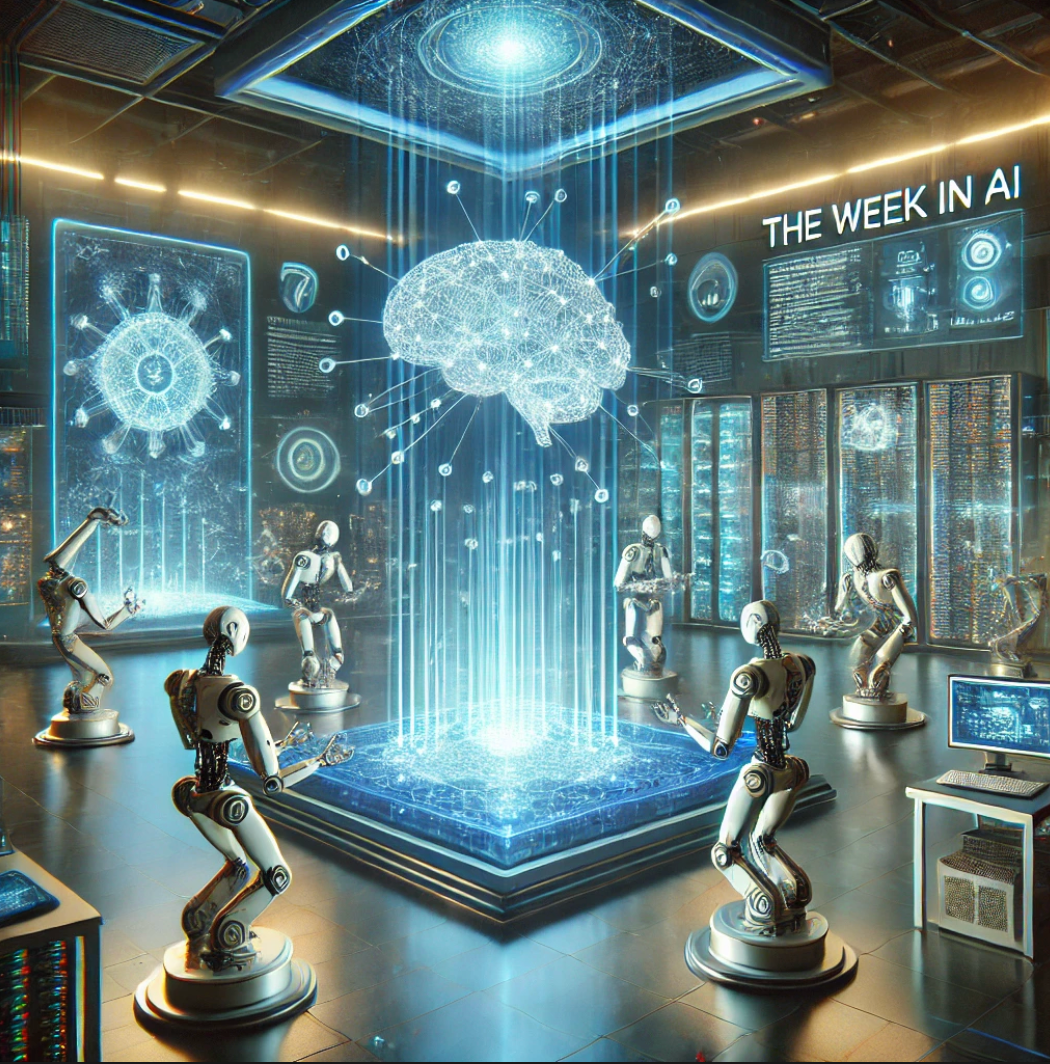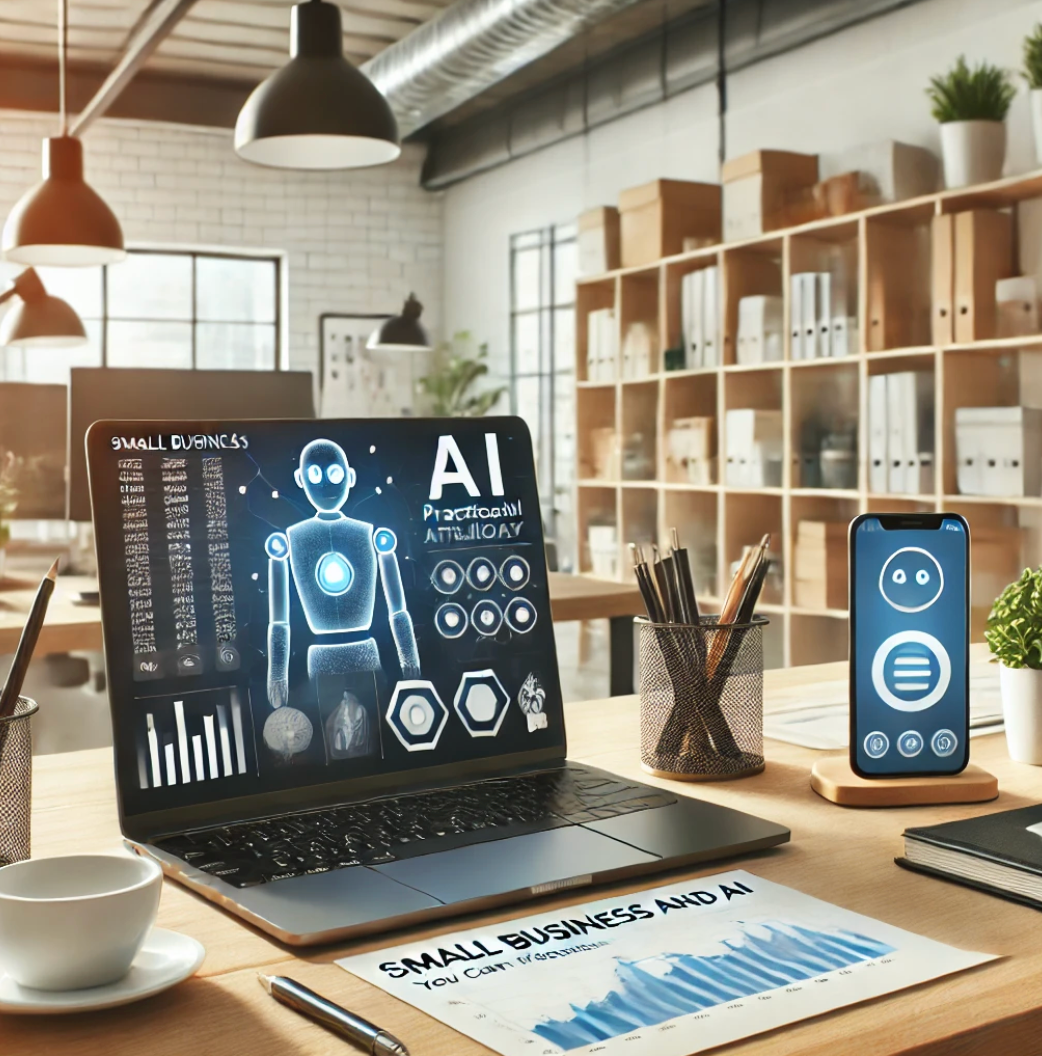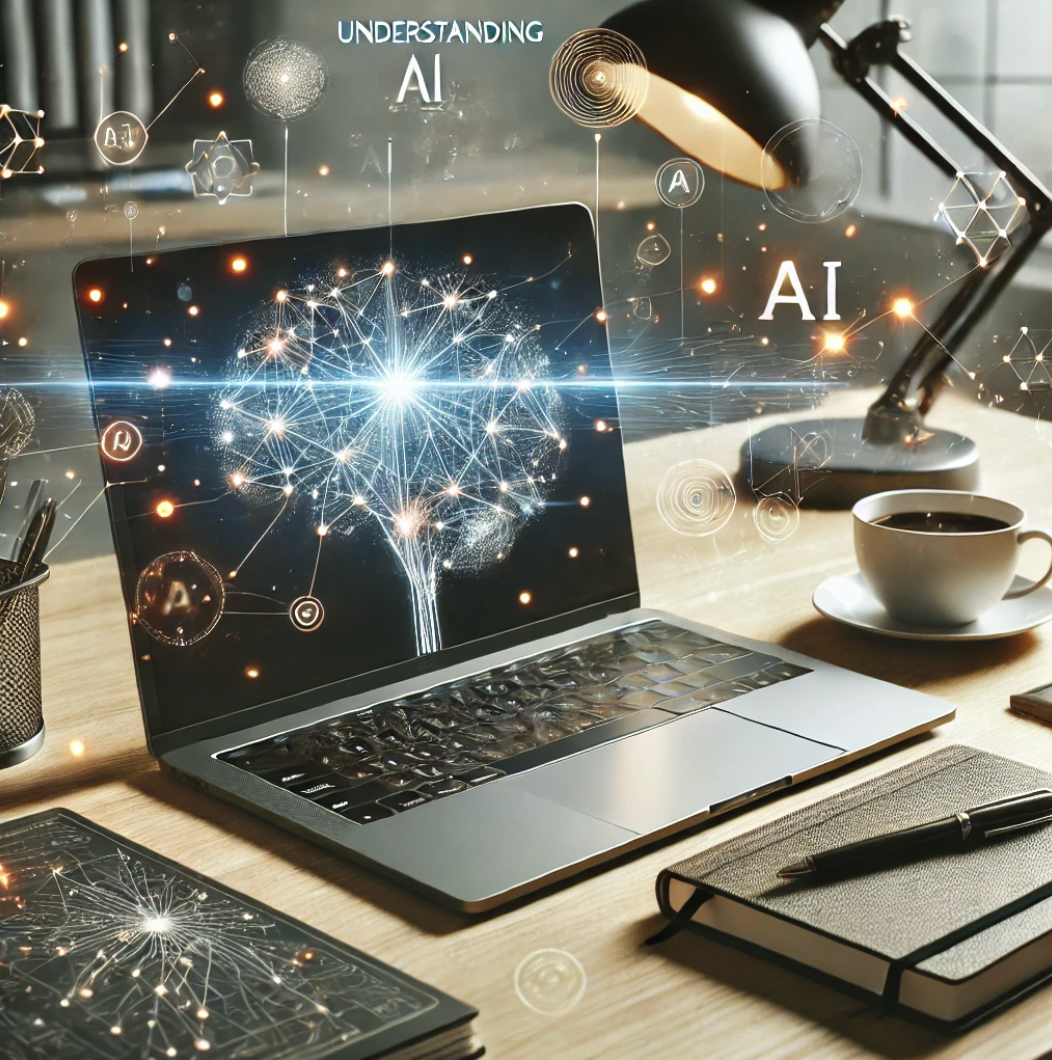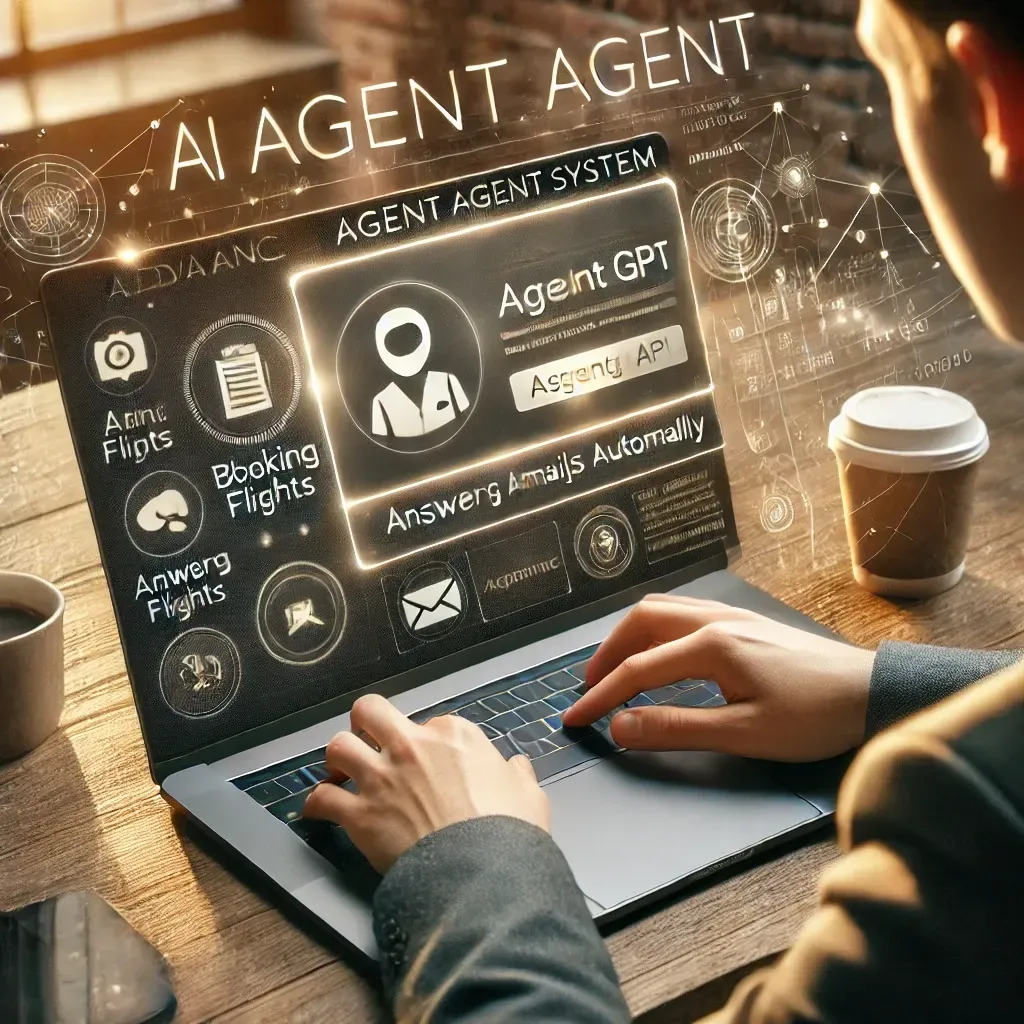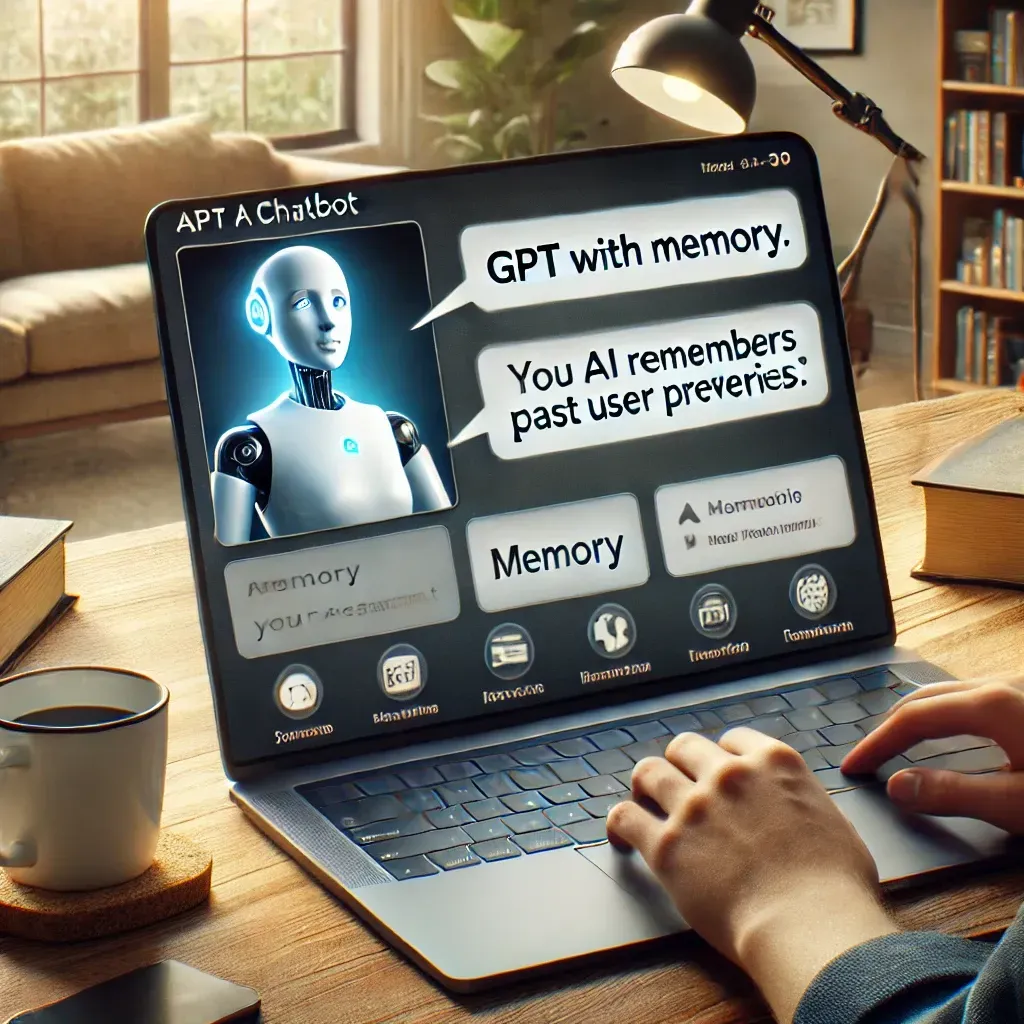AI in Law and Justice
A Deep Dive into Legal Service Transformation
The legal field, traditionally bound by precedent and steeped in meticulous processes, is experiencing a paradigm shift driven by artificial intelligence (AI). From automating tedious tasks to predicting legal outcomes with surprising accuracy, AI is revolutionizing the way legal services are delivered. Let's take a deeper look at how AI is shaking things up in the realm of law and justice.
1. Automating Legal Research: Extracting Insights from a Legal Data Ocean
Legal research has long been a time-consuming and laborious task. Lawyers spend countless hours sifting through mountains of legal documents, case law, and statutes. AI is changing the game by automating this process, freeing up valuable time and resources:
- Advanced Search Algorithms with Nuance: Imagine feeding the system a specific legal question related to, say, a breach of contract case. AI-powered legal research platforms can analyze vast amounts of legal data with incredible speed and accuracy, going beyond simple keyword searches. These platforms can not only identify relevant case law, statutes, and legal scholarship but also consider factors like geographical jurisdiction and the specific judge presiding over similar cases. This nuanced approach ensures lawyers receive a curated list of the most relevant resources in seconds, not hours.
- Predictive Search: Anticipating the Lawyer's Needs: AI doesn't stop at simply providing relevant search results. These platforms can anticipate what information a lawyer might need based on the context of their case. For example, if the lawyer is building a case for patent infringement, the AI might suggest legal resources related to recent rulings on fair use principles, even if the lawyer hasn't explicitly searched for them. This ensures a more comprehensive understanding of the legal landscape surrounding the case.
2. Contract Analysis: From Tedious Review to Intelligent Scrutiny – A Lawyer's AI Partner
Contracts are the lifeblood of many legal matters, but reviewing and analyzing them can be a tedious and error-prone process. Here's how AI is transforming this crucial aspect:
- Automated Contract Review with Laser Focus: AI-powered tools can scan contracts for specific terms, clauses, and potential risks. This can significantly improve efficiency by flagging inconsistencies, identifying missing provisions, and highlighting areas that might require negotiation. Imagine a lawyer uploading a complex M&A (Mergers and Acquisitions) contract. The AI can pinpoint unusual clauses related to intellectual property ownership or hidden liabilities, allowing the lawyer to focus on these critical issues and negotiate more effectively.
- Contract Drafting with AI Assistance: A Time-Saving Collaboration: AI can't replace lawyers in drafting contracts entirely, but it can be a valuable asset. AI-powered tools can generate boilerplate language, a standard starting point for many contracts. These tools can also identify missing elements, such as governing law clauses or dispute resolution procedures, and suggest relevant clauses based on industry standards. This frees up lawyers' time to focus on the specific needs of the client and tailor the contract to address unique circumstances, while ensuring all essential elements are included.
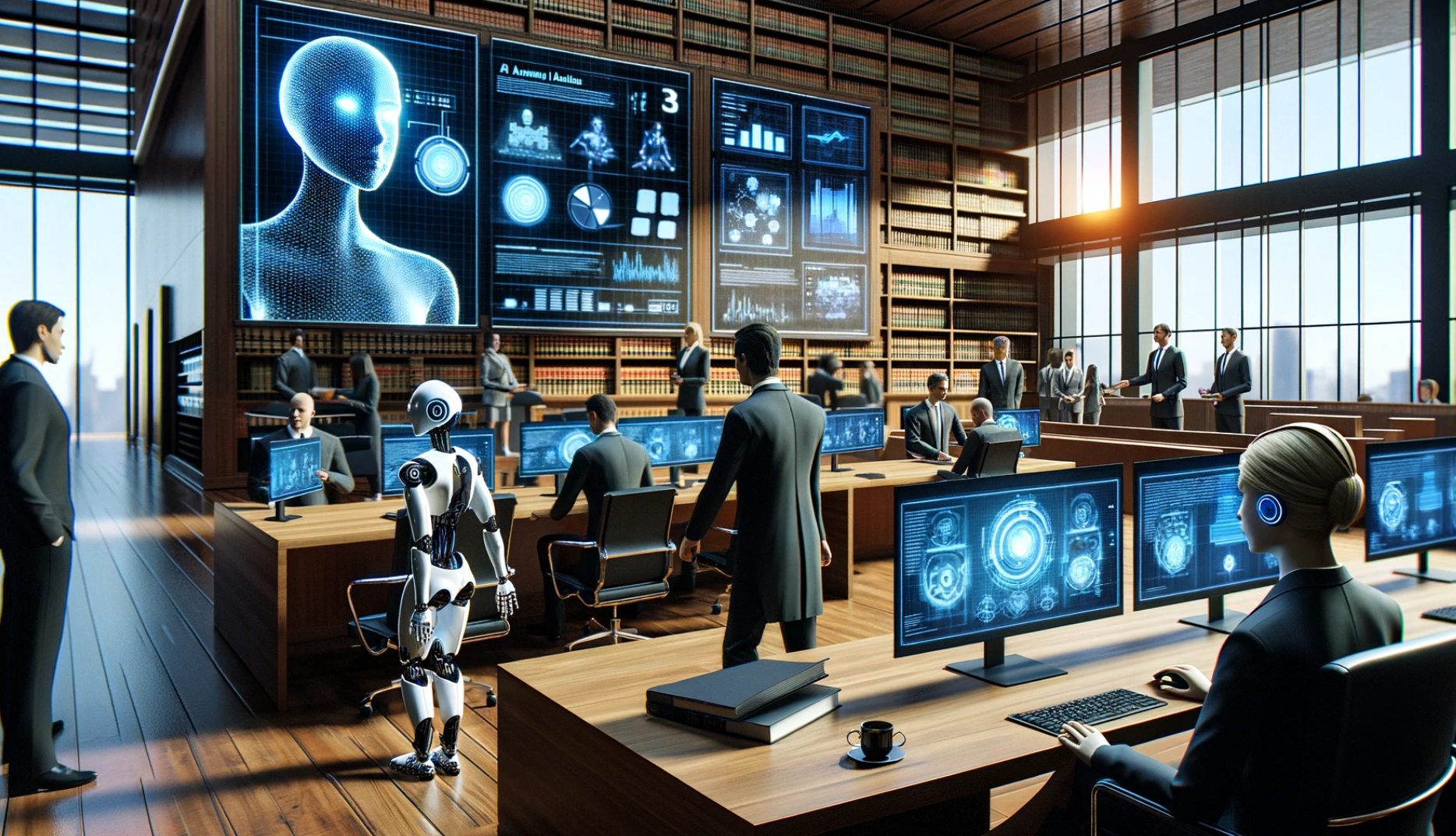
3. Predicting Legal Outcomes: Unveiling Probabilities in the Complexities of Law
The legal system is inherently unpredictable, but AI is offering lawyers a glimpse into the future, albeit with a degree of caution:
- Legal Outcome Prediction: Statistical Insights for Informed Decisions: AI algorithms can analyze vast amounts of historical legal data, including case precedents, judge rulings, and past settlements. Based on this data, the AI can predict the likelihood of success in a case, the potential range of settlements, and even suggest winning strategies. However, it's important to remember that these are probabilities, not guarantees.
- Risk Assessment: Identifying Potential Challenges Before They Arise: AI can help lawyers assess the potential risks associated with a case. This includes analyzing the opposing party's legal history, identifying potential legal challenges they might raise, and highlighting areas where the case might be vulnerable. With such insights, lawyers can advise clients on the best course of action and develop stronger arguments to mitigate potential risks.
The Future of Law: A Collaborative Dance Between Human Expertise and AI
While AI is transforming the legal field, it's important to remember that it's not designed to replace lawyers. AI is a powerful tool that can enhance legal research, contract analysis, and even legal strategy. The future of law lies in a collaborative dance between human expertise and AI capabilities.
Lawyers who embrace AI will be well-positioned to:
- Work More Efficiently: By automating tedious tasks and leveraging AI-powered insights, lawyers can free up valuable time to focus on complex legal issues, client communication, and building strong case strategies.
- Deliver Enhanced Value: By utilizing AI tools, lawyers can provide clients with more efficient and cost-effective legal services. This allows lawyers to focus on the strategic aspects of a case and deliver a higher level of value to their clients.
- Gain a Competitive Advantage: Lawyers who stay ahead of the curve and embrace AI will be better equipped to serve their clients in a rapidly evolving legal landscape. This can be especially beneficial in attracting new clients who are increasingly looking for cost-effective and efficient legal solutions.
Challenges and Considerations: The Responsible Integration of AI in Law
While AI offers a wealth of benefits, it's crucial to acknowledge the challenges and ethical considerations that come with its integration into the legal system:
- Bias in AI Algorithms: AI algorithms are only as good as the data they are trained on. If the data is biased, the AI's outputs can be biased as well. Lawyers need to be aware of this potential bias and critically evaluate the results generated by AI tools.
- The Human Element Remains Irreplaceable: The law is a nuanced field that requires human judgment, empathy, and critical thinking skills. AI cannot replace the human touch in areas like client communication, negotiation, and strategic decision-making.
- Transparency and Explainability: When AI suggests a particular course of action, it's important to understand the reasoning behind the recommendation. Lawyers need to be able to explain the logic behind AI-generated insights to ensure transparency and maintain trust with clients.
The Road Ahead: A Future Powered by Collaboration
The legal profession is on the cusp of a significant transformation. By embracing AI responsibly and ethically, lawyers can ensure they remain at the forefront of the legal field. The future of law lies in collaboration, where human expertise and AI capabilities work together to deliver exceptional service, navigate the complexities of the legal system, and ultimately, achieve the best possible outcomes for clients.
Sign Up For Our Weekly Newsletter and Get Your FREE Ebook " AI For Everyone - Learn the Basics and Embrace the Future"
